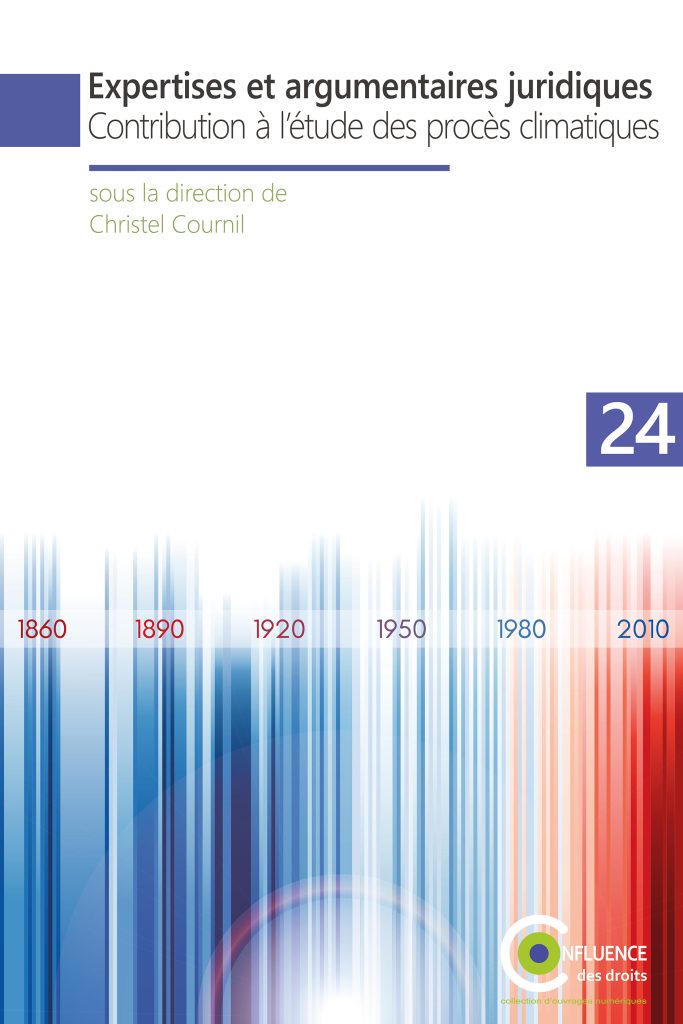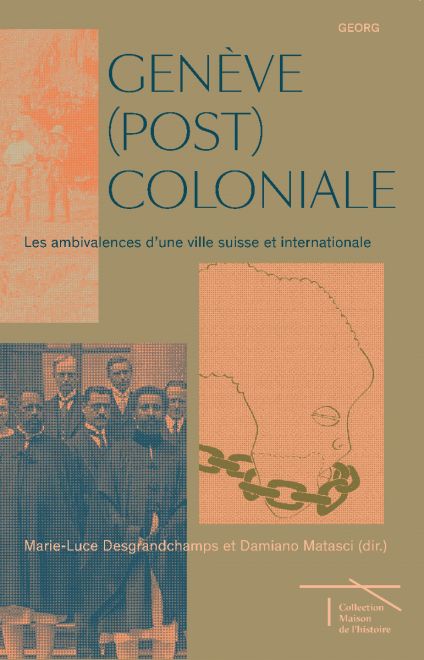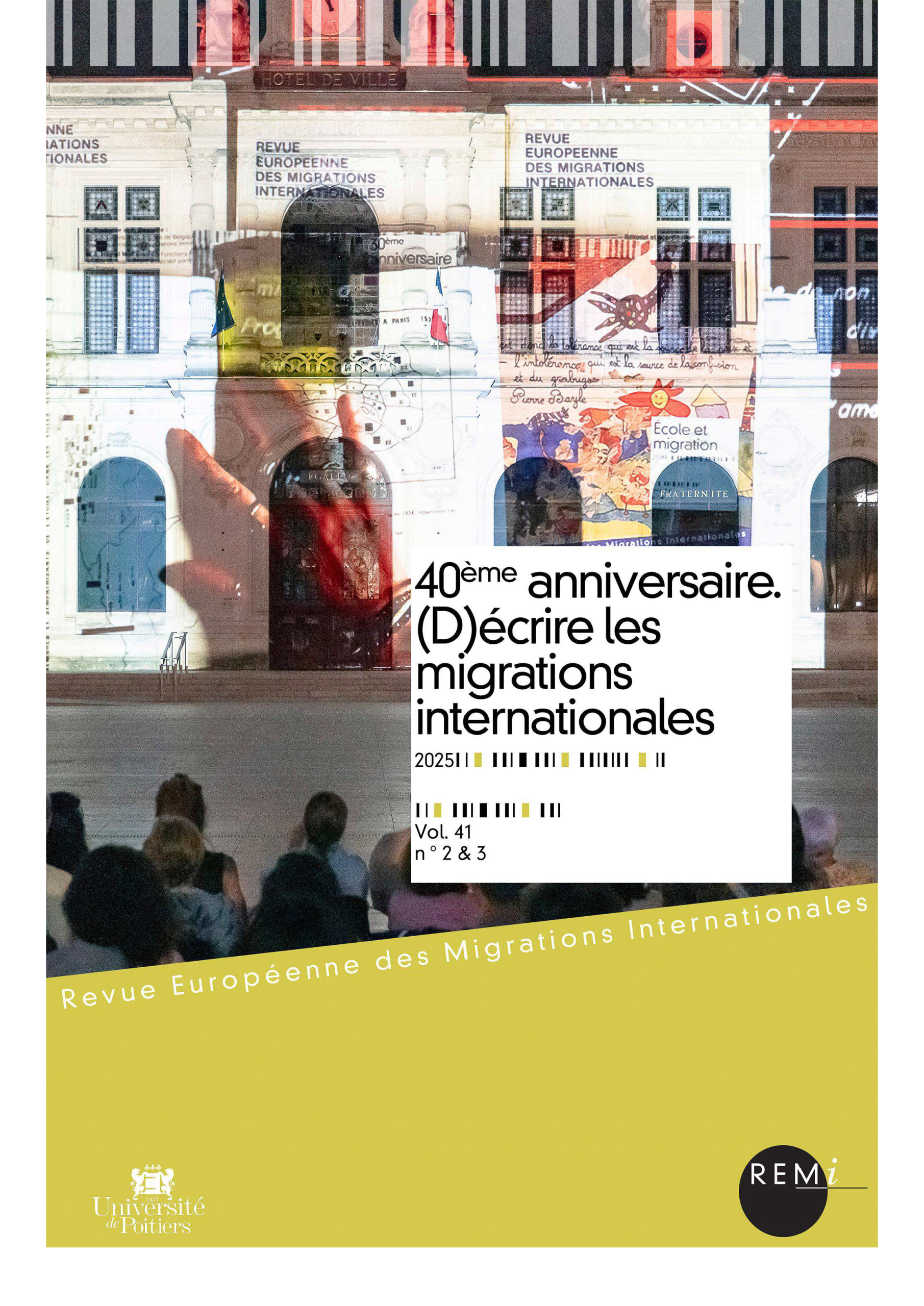Book chapter, Christophe Traïni: "Convenir, mesurer, juger. Carbon accounting and the sociology of quantification".

TRAÏNI, Christophe. "Agreeing, measuring, judging. Carbon accounting and the sociology of quantification". In Expertise and legal arguments. Contribution to the study of climate trialsedited by Christel Cournil. Aix-en-Provence: DICE Éditions, 2024, p.89-107.
Extract:
"At a time when the news is constantly being fuelled by meteorological reports of climate disruption, the legal chronicle is regularly marked by court rulings that are helping to consolidate a new field of study for the law: climate litigation, i.e. legal actions aimed at using the courts to encourage public authorities or economic firms to reduce their greenhouse gas (GHG) emissions more drastically. Taking an interest in the documents produced by the protagonists in this judicialisation of the fight against global warming is no mean feat. In addition to the technicalities of the law, which could discourage non-lawyers, the briefs of the plaintiffs and the court decisions in question are packed with figures and calculations which, far from being incidental, constitute the substance of the cases submitted to the judges' perspicacity. For several decades now, the issues and characteristics of climate policies have generally been understood in terms of quantified indicators: energy units, carbon-equivalent emissions, the respective historical contributions of emitters, percentages and rates of GHG reduction, the respective costs of transition scenarios, and so on.
Detailed plan:
I. A seemingly elementary mathematical proof?
II. A look back at the history of government by indicators
III. Science and expertise: an essential analytical distinction
IV. Carbon accounting conventions
V. Calculating estimates rather than measuring
VI. Judging by law or the binding force of common rules
Share on
Read also


